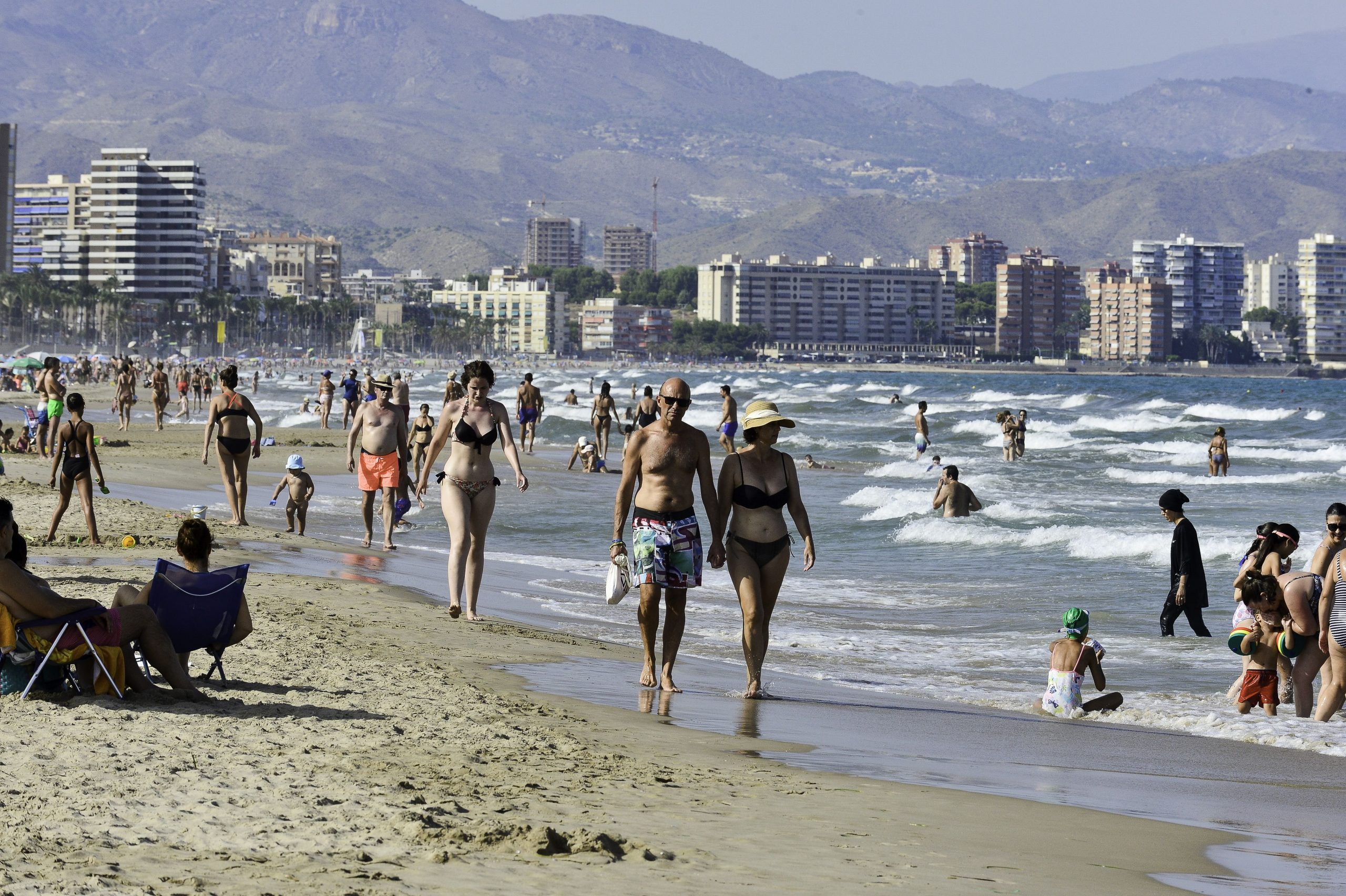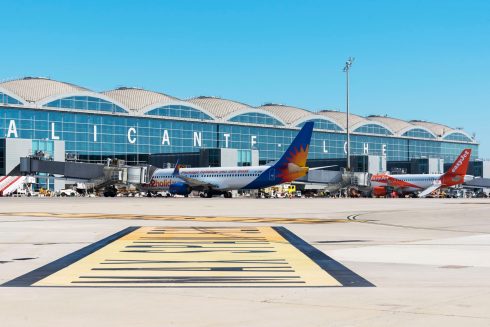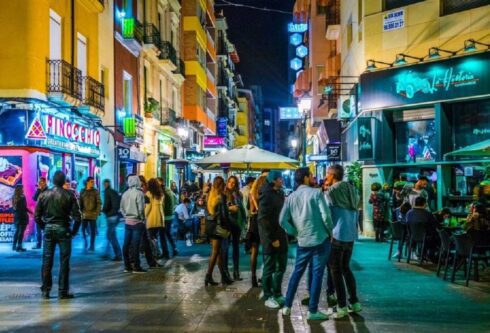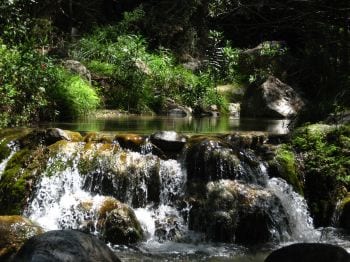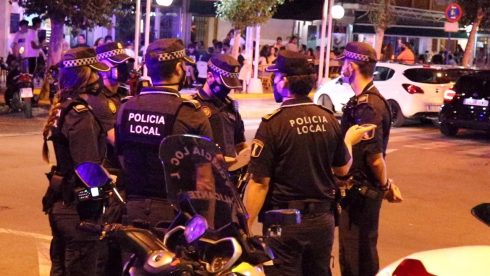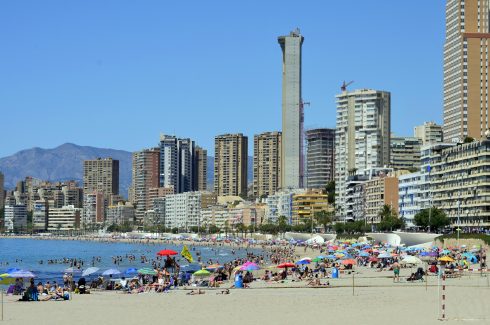TWO popular Spanish beaches have been forced to close temporarily due at the height of summer to ‘abnormal’ levels of bacteria detected in the water.
Urbanova and San Gabriel beaches in Alicante were shut down on Friday following the discovery of heightened enterococci levels.
Authorities the General Directorate of Water and the Alicante City Council conducted water tests before reopening the beaches the following day once the bacteria levels returned to normal
The exact cause of the elevated bacteria levels has not been definitively determined. Experts have ruled out river discharge or the treatment plant in the San Gabriel area as potential sources.
This recent incident comes on the heels of the closures of other beaches in the region.
Beaches in Medicalia, Puig Val, Old Fishermen’s Quarter, and Els Plans beaches were closed on July 22 after a peculiar thick, grainy, white substance was found on the shore.
While these beaches have since reopened, authorities are still investigating the nature of the substance.
Tourists have been urged to be wary on beaches in both France and Spain earlier this month due to an upsurge of toxic algae.
Experts have expressed concerns that these algae can lead to skin irritation, gastric disorders, nausea, vomiting, and flu-like symptoms.
The surge of toxic algae is attributed to climate change, resulting in warmer semi-tropical seas around Europe, and the proliferation of the poisonous Ostreopsis algae.
Dr Elisa Berdalet from the Institute of Marine Sciences emphasised the gravity of the situation.
She said: “The rising water temperature in the Mediterranean will cause the spread of toxic algae Ostreopsis, which will linger for longer and in greater quantities, possibly posing a threat to tourism in the future.”
READ MORE:
- Spain’s National Police and Colombian authorities deal major blow to Mexican Zetas drug gang
- Jellyfish Invasion: Swarms Hit Nerja and Torrox Beaches in Spain
- Wild boars surprise beachgoers in Spain’s Marbella

